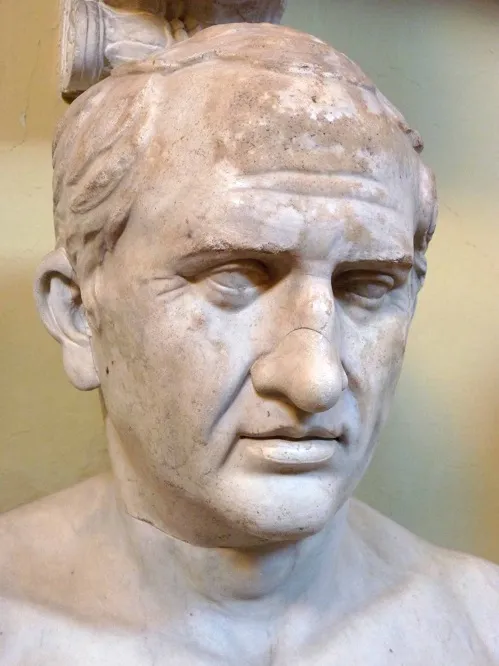Aristotle - Zion politics
The subject of Aristotle's research is the fundamental questions of knowledge:
- Problems of logic,
- Questions of physics, meteorology, biology, etc.
- Problems of political science, ethics, aesthetics, history
- Problems of philosophy 5) Problems of psychology and gonseology.
In the history of Aristotle's politics he left his immortal definitions of polis / city /
- Urban settlement,
- Political unit,
- Community of citizens, perceived as a whole, and of man as political zone / political animal zone.
The State is a human association that unites such natural communities as the "oikia" / family, home / comme / settlement, settlement / but it is a high form of association that encompasses all other communities and all other forms of communication reach his / her purpose / benefit of life / and his / her end in the political community. According to Aristotle, there are 3 correct forms of state regulation:
- Monarchy,
- Aristocracy,
- Politics and 3 irregular forms: 1) Tyranny, 2) Oligarchy, 3) Democracy.
The measure for the nobility is virtue, and for the oligarchy - the wealth, the democracy - the freedom. According to Aristotle, the aristocracy is a proper form of state regulation in which the minority (a few) governs the interests of the common good of the polis. The antithesis of the aristocracy is the oligarchy, which is an improper form of state regulation, the management of the "poor minority" (with a high property rating). Democracy is "managing the poor" for their own benefit. According to Aristotle, government should be the rule of law, not people, because even the best rulers are subjected to feelings and affects, and the law is "balanced mind." Policing is the best state system that unites the positive aspects of oligarchy and democracy, but is free from their shortcomings and extremes. It is the rule of the majority in the interest of the common good.
Cicero - Rector civitatis
Cicero gives one of the famous state definitions it is actually "the work of the people", "res populi". By giving the definition of the state, he gives the world and the word republic. Cicero sets up three simple (or "pure") forms of the state: 1) Monarchy, 2) Aristocracy 3) Democracy. Cicero discovers the true state outside its three primary forms. In the spirit of ancient Greek tradition, it considers the best "mixed form of the state". The advantages of the mixed form of the state are: 1) It is inherent in the equality without which the free people can. 2) Perhaps the most important advantage of a mixed state is its stability. Unlike Plato, who, in a deductive way, created the theory of the ideal state, Cicero formed his understanding of the best state in relation to the history of the Roman republican institutions and the basic characteristics of the Roman character - majesty, restraint and supremacy. The Roman Senate Republic gives history a very fruitful idea - this is the idea of the even distribution of powers, of the balance between the different authorities.Cicero is the most famous and tragic fighter against the transformation of the Roman Republic into an empire. Moreover, he becomes the victim of this struggle; yet another example not only of its tragedy, but also of the practical helplessness of philosophical and political wisdom. In close connection with the teachings of the best state, Cicero develops his views on the best state actor - rector. His qualities and duties are: gratitude, the celebration of reason over the low passions, wisdom, justice, restraint, eloquence and even the knowledge of the writings of the Greek authors.
